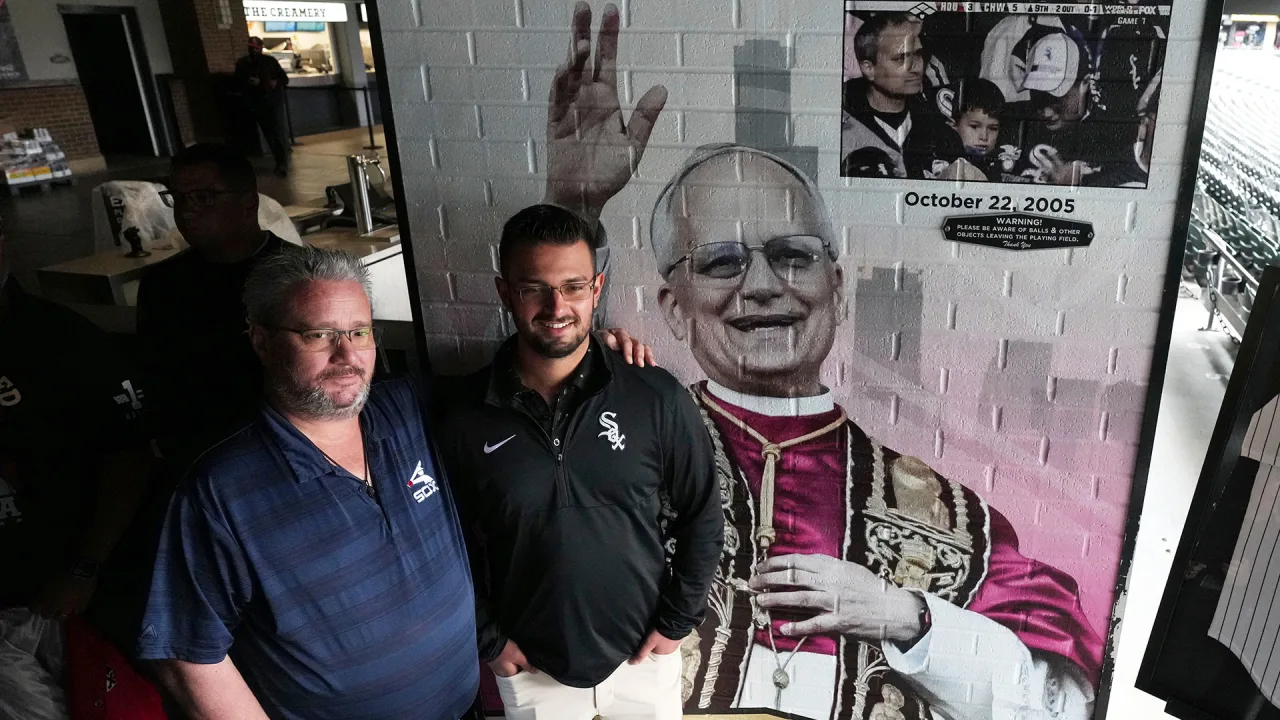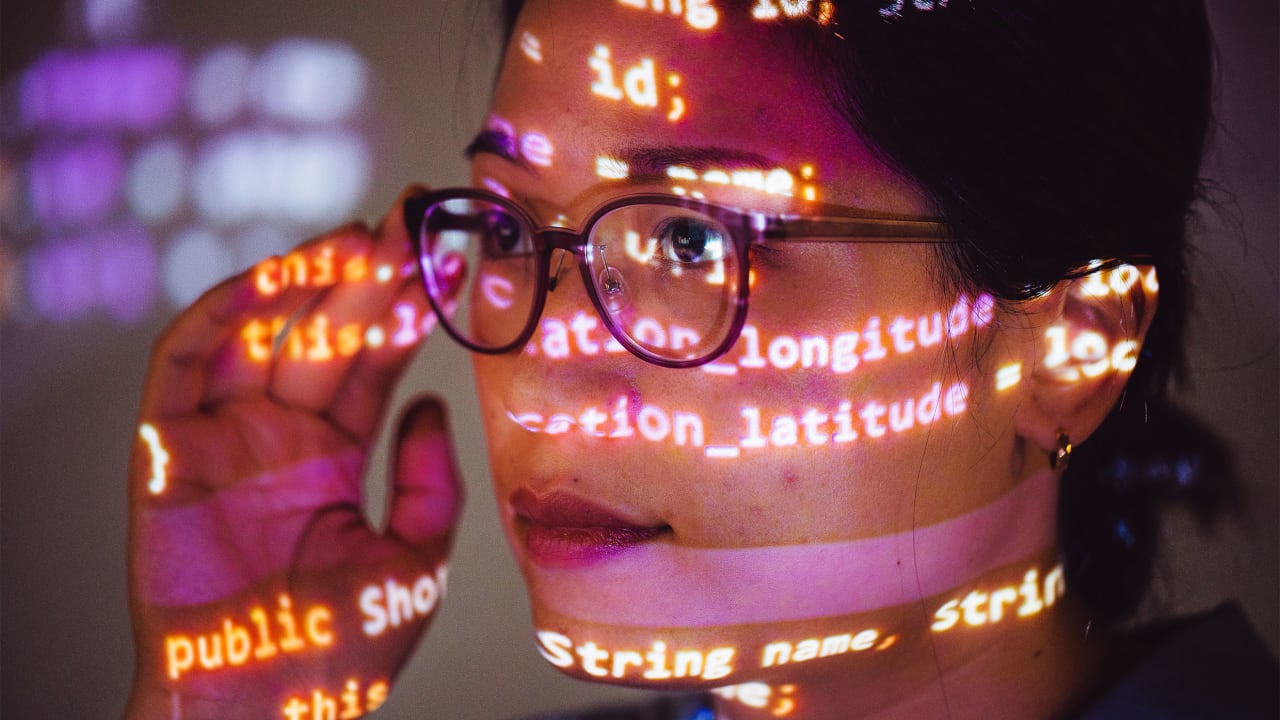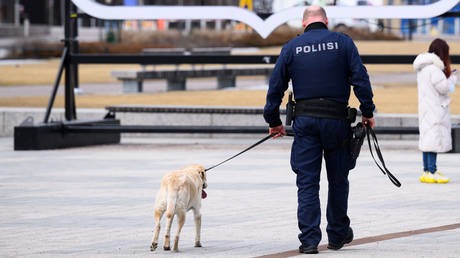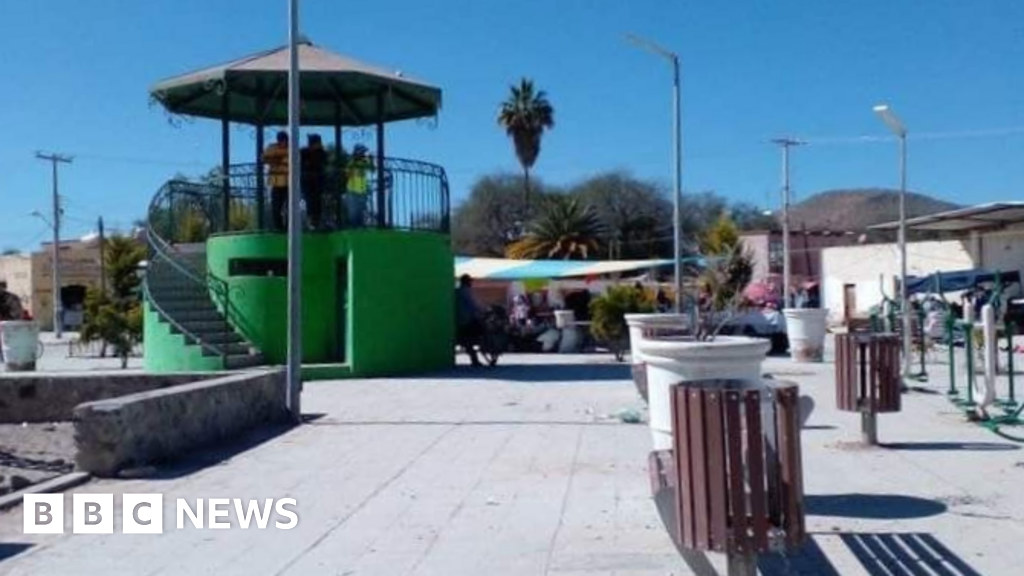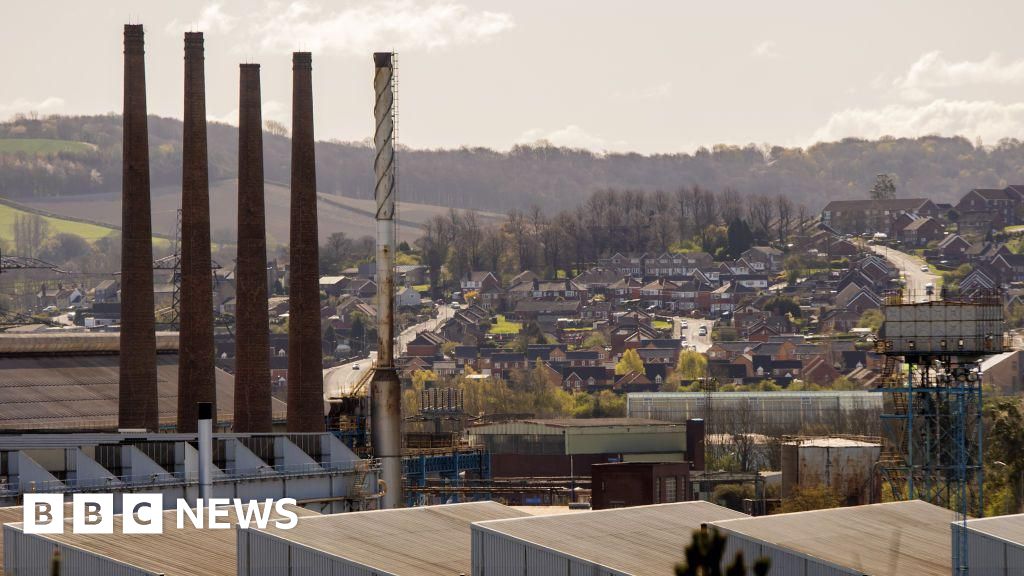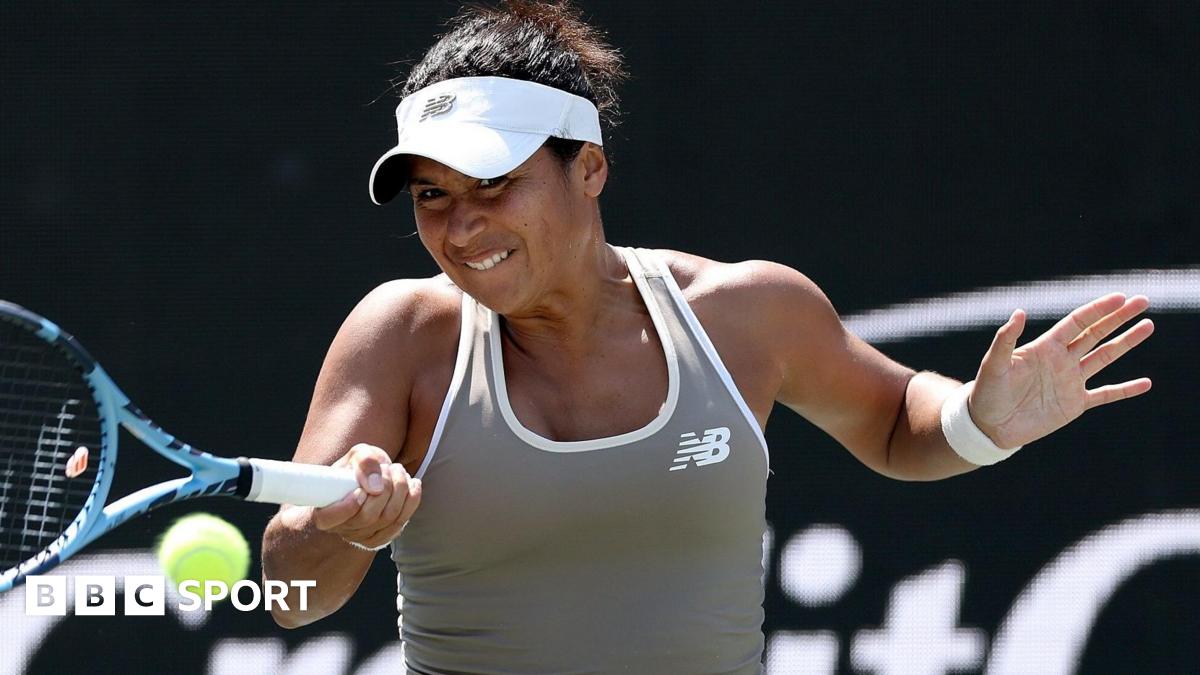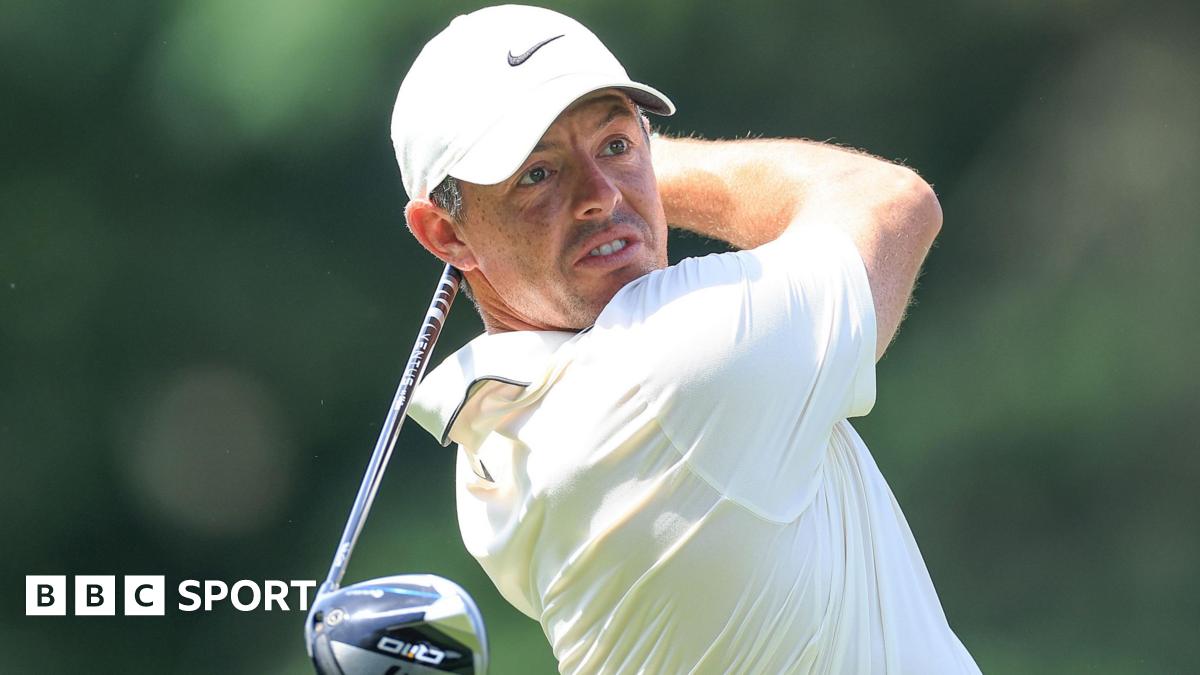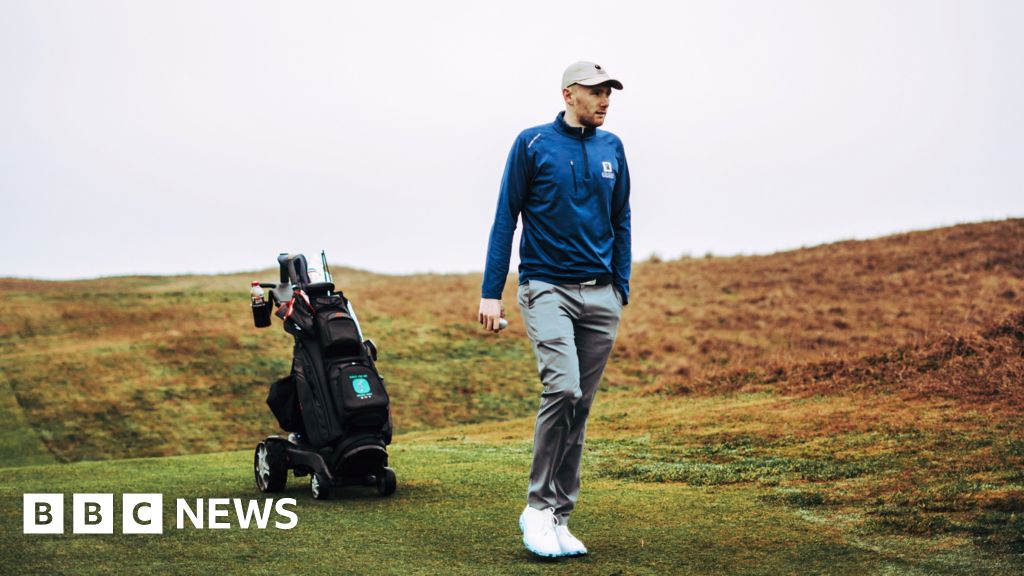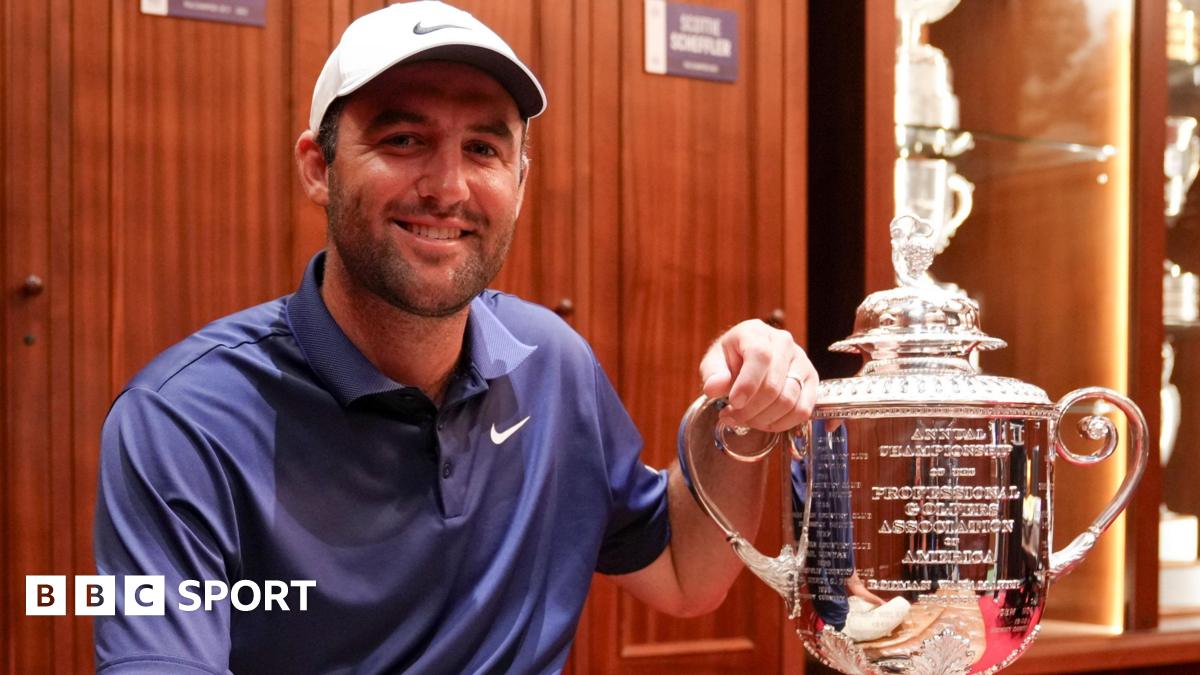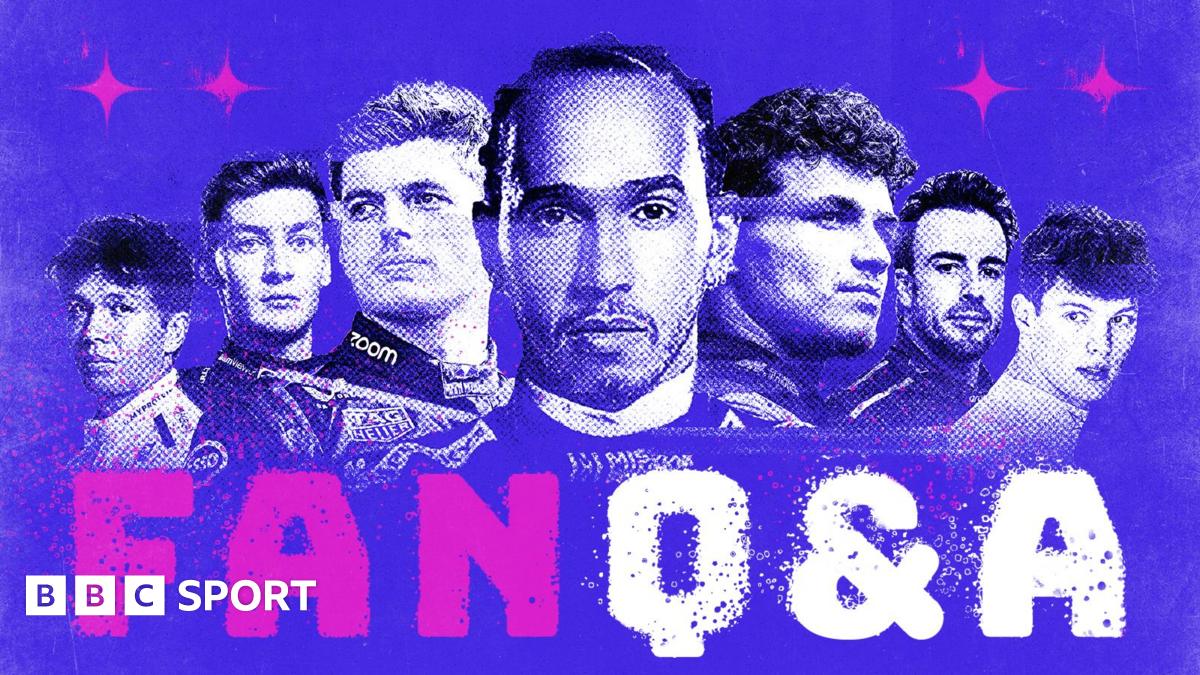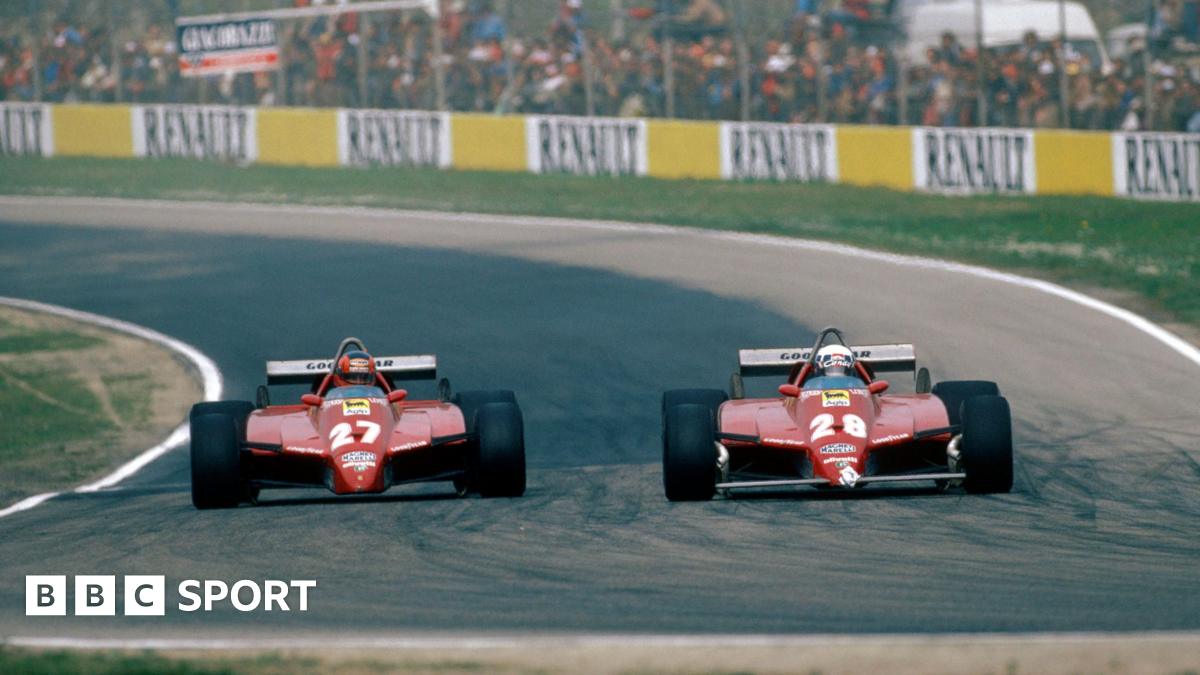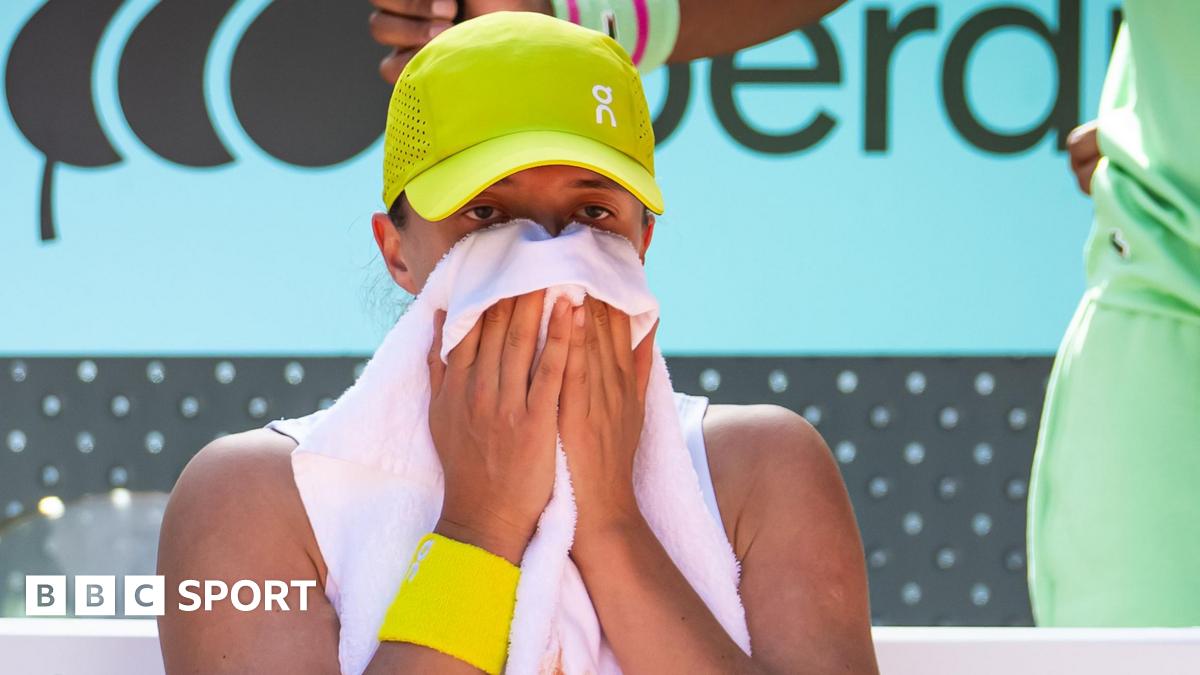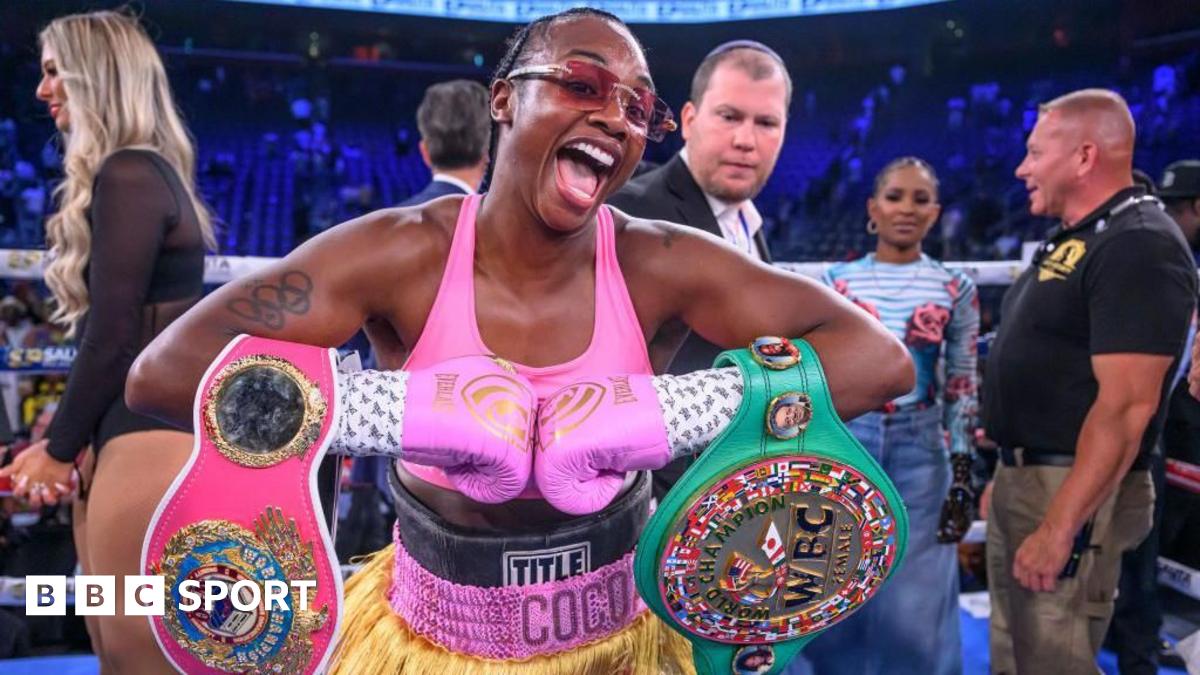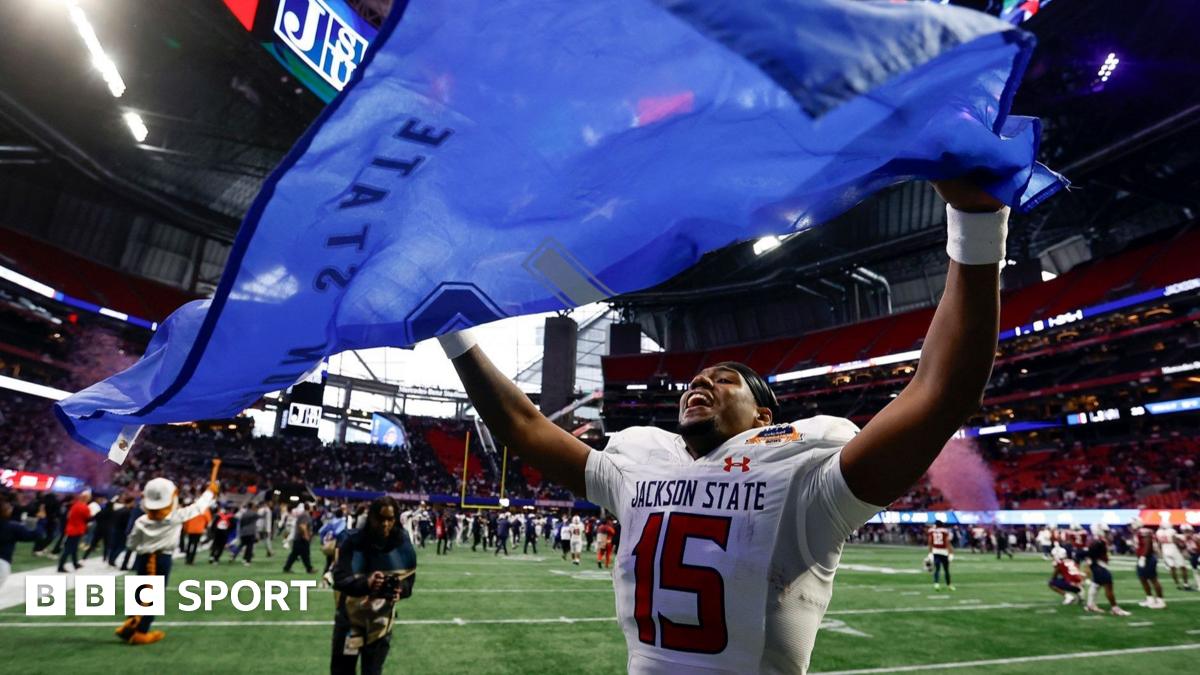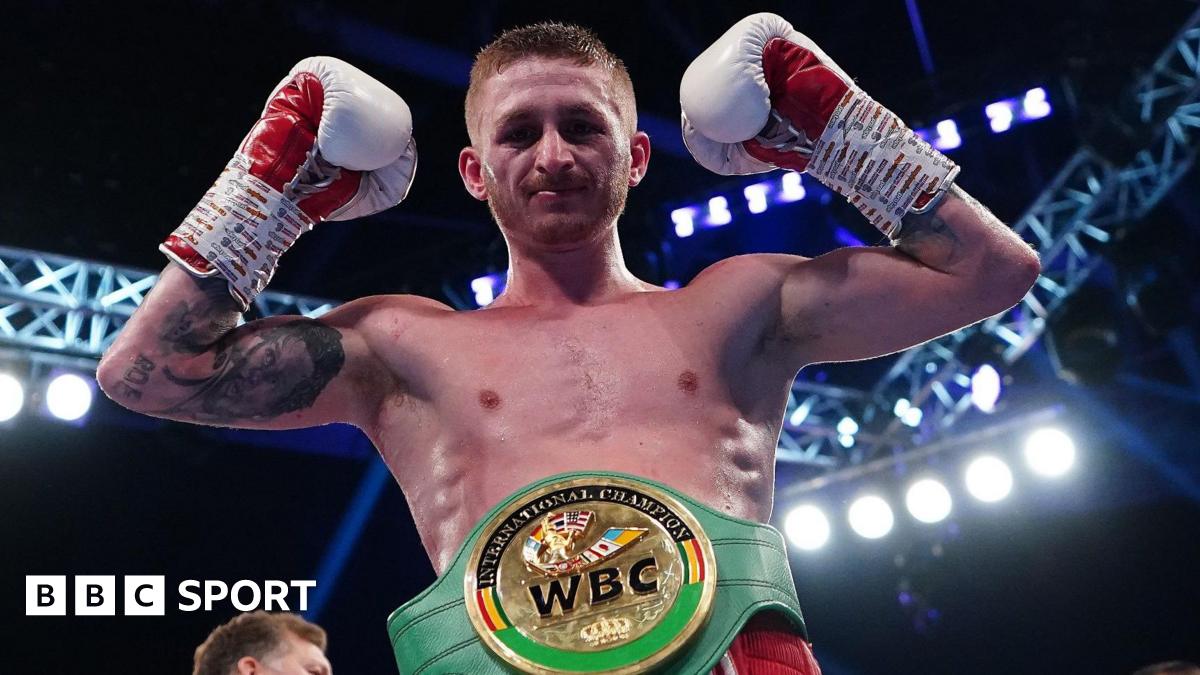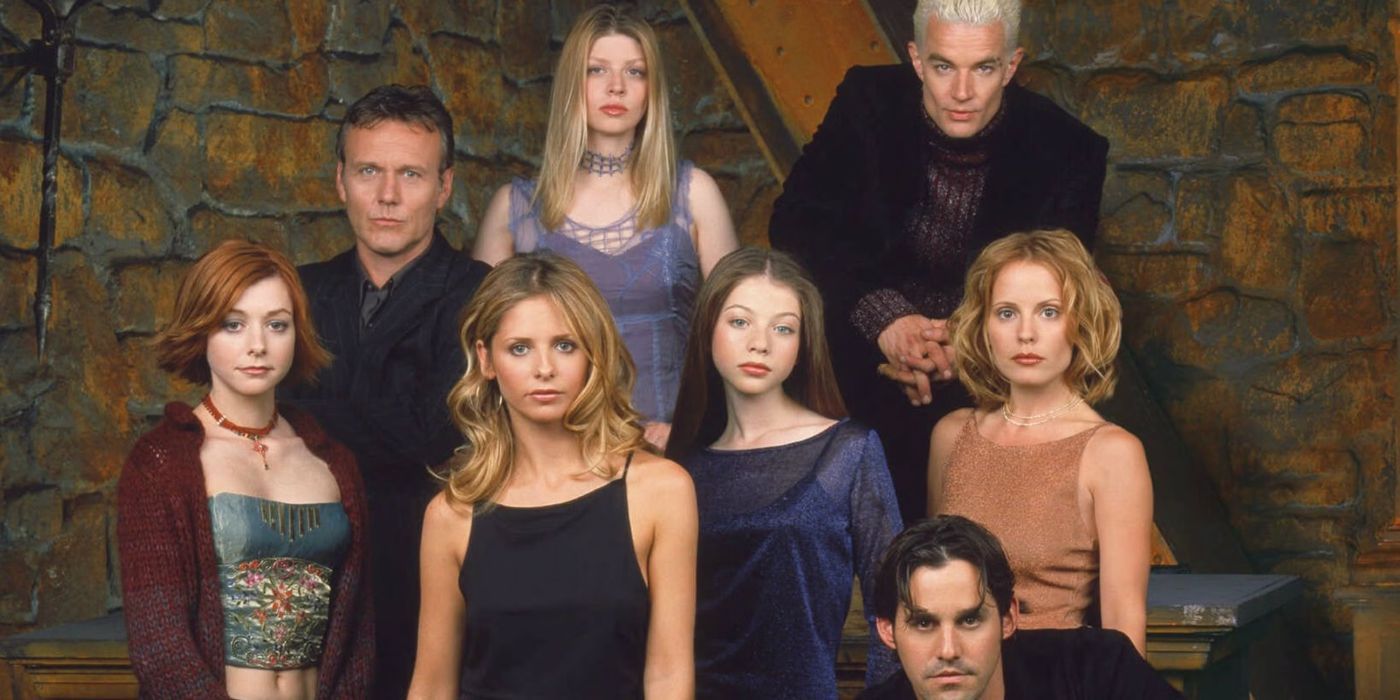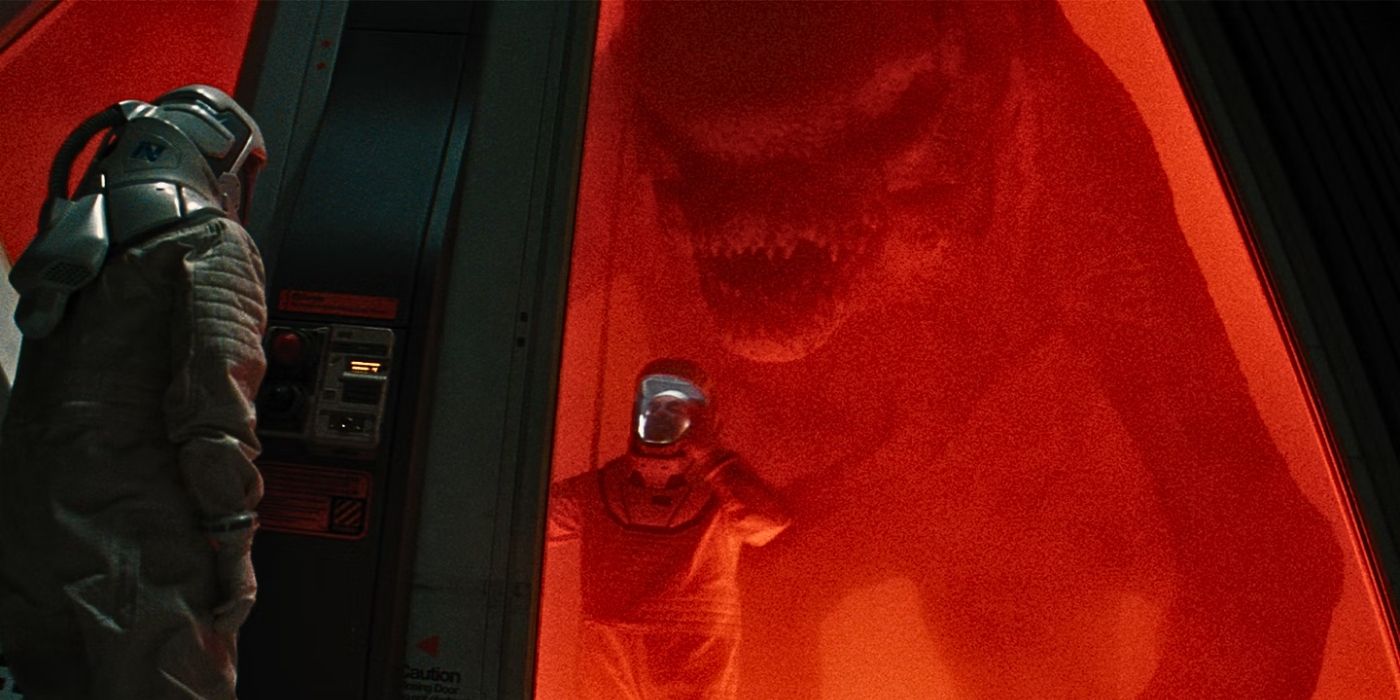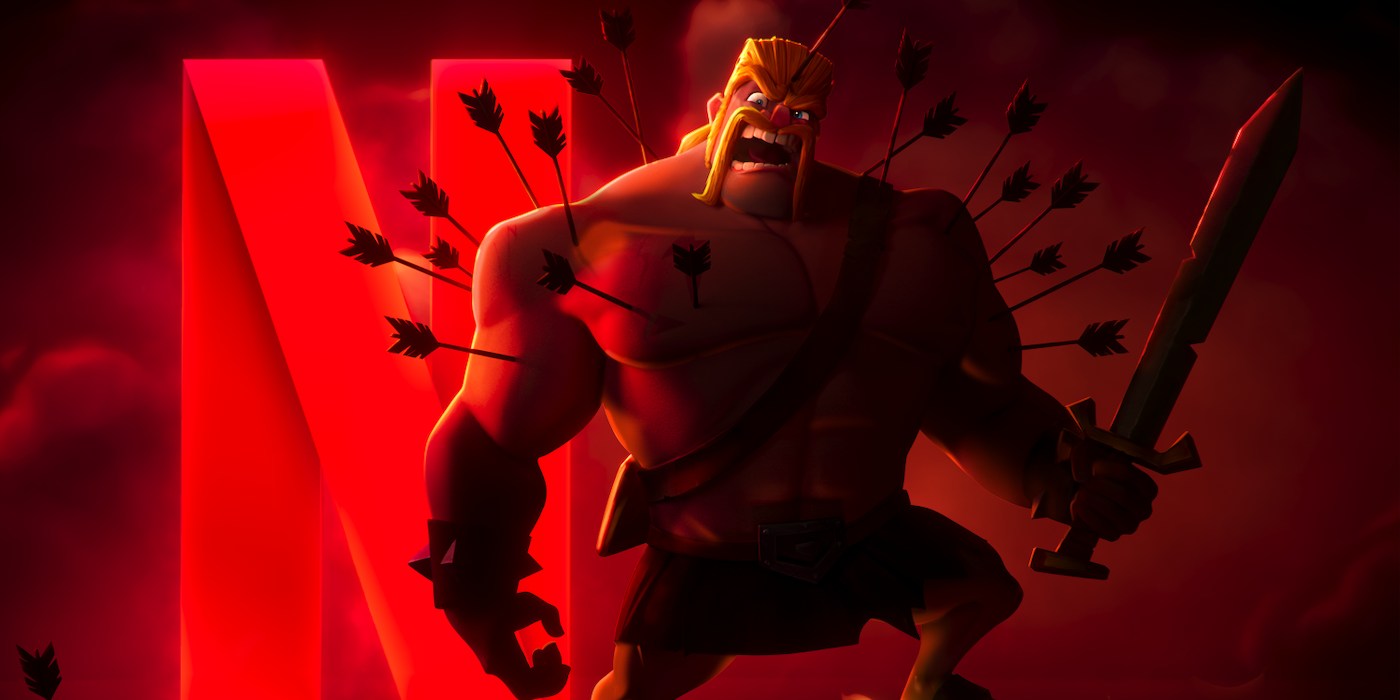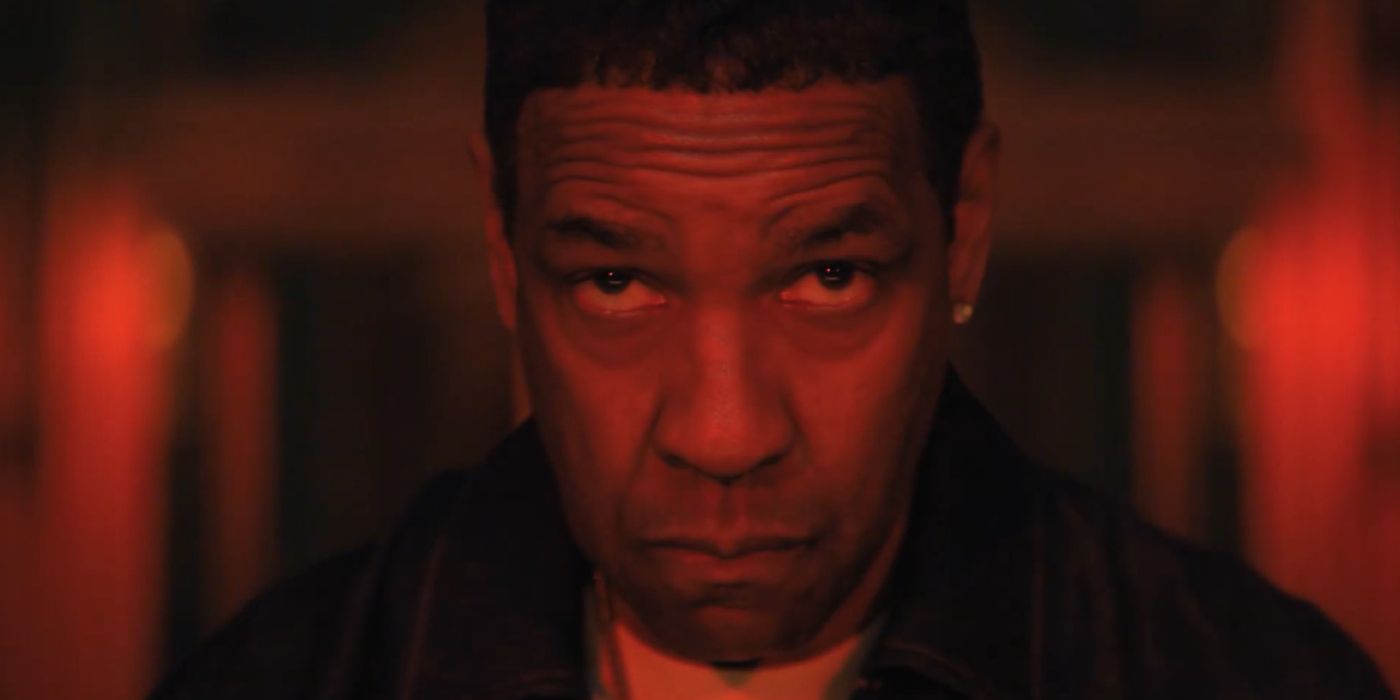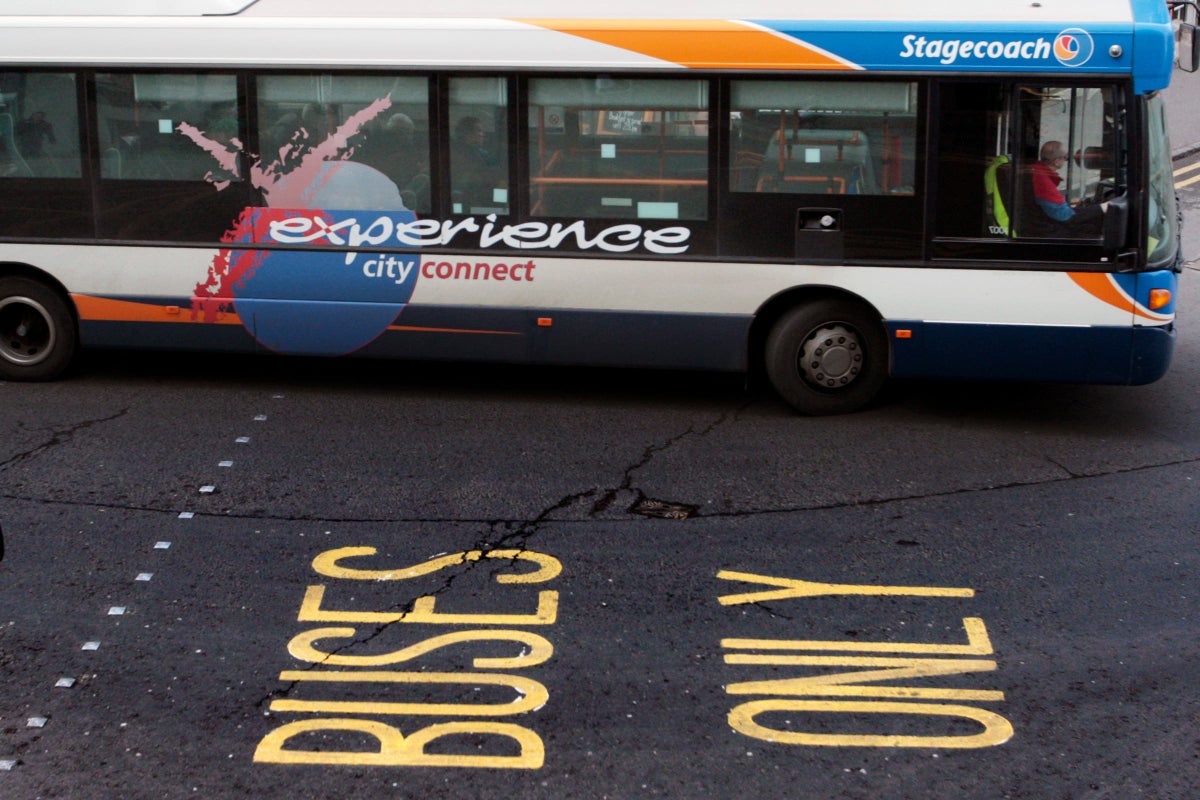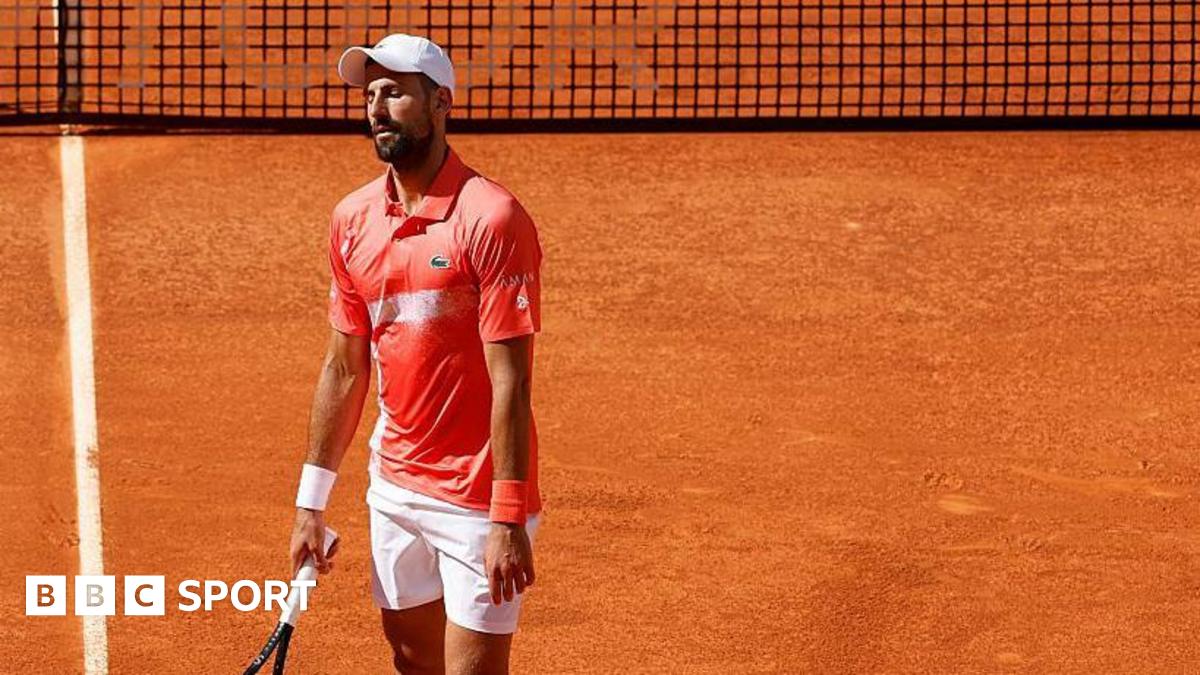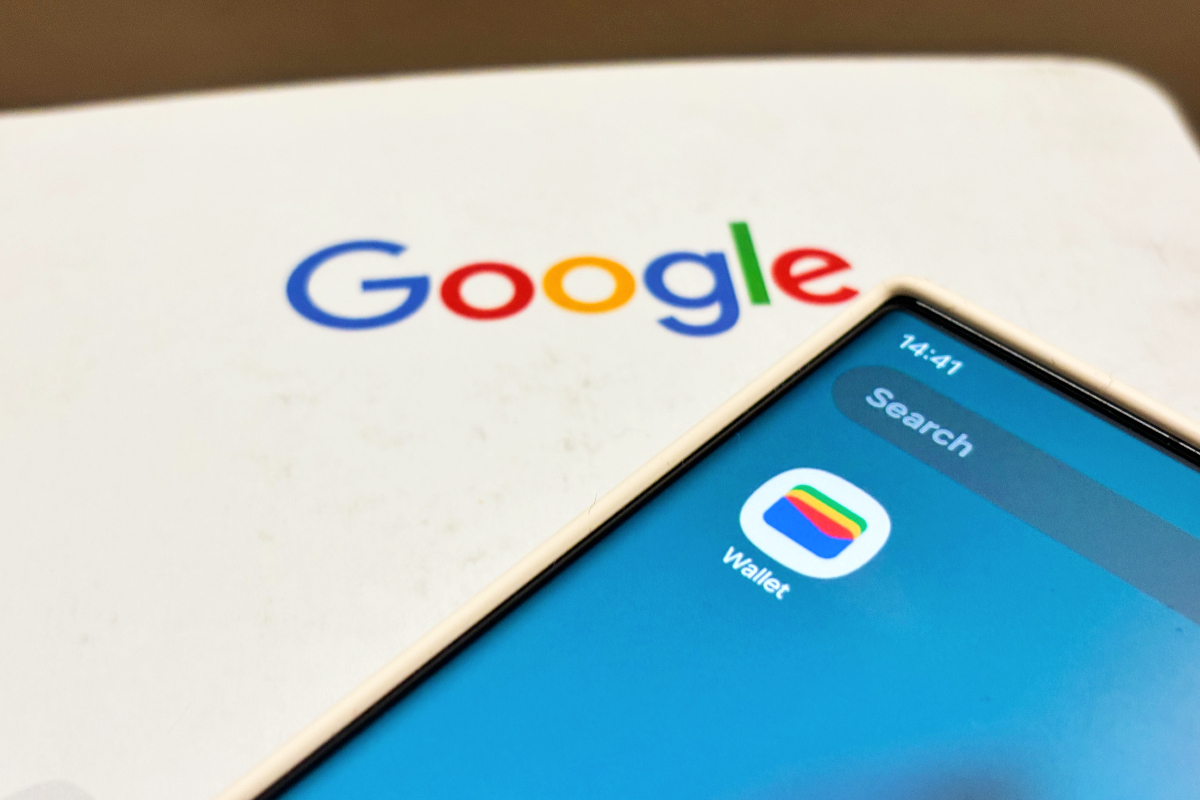Bob Geldof on the ‘Live Aid’ musical and why “the ‘Rock ‘N’ Roll Age’ is over”


Bob Geldof has spoken to NME about the success of the new musical based on Live Aid, the state of the world, and why we will never see another charity event quite like it again. Check out our interview below, along with the latest song from the musical’s soundtrack.
To mark this year’s 40th anniversary of the original charity spectacular, this summer sees Just For One Day – The Live Aid Musical hit London’s West End, as well as the release of the original cast album, along with a special performance in the capital and evening of special BBC programming.
Held on July 13, 1985, in London and Philadelphia, the star-studded Live Aid concerts helped to raise global awareness of famine relief, attracting 1.9billion viewers across 150 countries, and raising over $125million in donations with now legendary performances from the likes of Queen, David Bowie, Black Sabbath, Sade, U2, Elton John, Run-D.M.C., Bob Dylan, Led Zeppelin and many more.
The latest taster of the song from the musical mashes up Elton John’s classic ‘I’m Still Standing’ with new music and the moment of the play where Geldof’s character meets then Prime Minister Margaret Thatcher before they came to blows over the need for tax breaks for the charity.
Speaking to NME about how the song came together with a little help from the Boomtown Rats icon himself, Geldof explained that the writers had “constructed this moment, which is a showstopper, but the dialogue was held up”.
“I said, ‘Why can’t you do something with that so it becomes like an articulated boxing match where we’re dancing around each other?’” he revealed. “I’d been to see Hamilton, and thought that you could turn this moment into Gilbert & Sullivan meets Hamilton.
“I sat down and wrote this dialogue between the Prime Minister and Bob. I wrote screeds of this shit, and it was easy once I got going because I lived it. They condensed it down to a few lines. It starts with them meeting and then the arc just builds until it explodes and Bob leaves. I really just copied the trope of a Victorian operetta and stuck it into hip-hop with a Thatcher fight and a big dance off – which sounds absolutely shit, but it works!”
Having arrived in the West End earlier this month to critical acclaim following a record-breaking sold-out run at The Old Vic theatre, Just for One Day – The Live Aid Musical has been recorded into “a fully realised rock album, capturing the passion, power, and urgency that made the 1985 response to the famine in Ethiopia a turning point in music history.”
“The fucking music is insane,” Sir Bob told NME. “I’ve no idea how musical theatre works, but watching it be arranged on the hoof in the workshops was amazing.”
He continued: “I objected to some of the songs because I thought they were cliches. Let’s take Bob Dylan’s ‘Blowin’ In The Wind’. I said, ‘Guys, seriously, fuck off! It’s just a cliche now – it’s just there. Every folky who’s just turned 18 and discovered that song is doing it and doing it wrong’. The sense of a newer articulation of the moment is lost. The deep psychology of this boy’s voice in 1962 is lost. They said it was essential to the storyline, so I asked for them to at least put a groove into it which absolutely illuminates the whole thing.
“Now it’s turned into this most almost Nina Simone thing that makes you hear it again. Even for me, who grew up with this song, hearing it reimagined is precisely for now.”
“Queen’s Roger Taylor is a good mate of mine – we hang – and he was sat in the seat in front of me. He’s a Dylan fuck off freak. He just came out and said, ‘I can’t believe that you could do that with this song – it’s fucking eerie, it’s gut-wrenching, and if it’s like hearing it for the first time’.”
Another famous friend he took to see the show was The Who’s Pete Townshend.
“This is my bedroom fucking wall we’re talking about,” laughed Geldof. “In my life, it’s astonishing that we’re friends. In the show, an 18-year-old sings ‘My Generation’. Don’t fuck with ‘My Generation’! But it’s astonishing and it works [on the stage]. Pete was so thrilled. I took other well-known people and they just went, ‘Fuck off!’
“I’ve never been to a play where at the halftime interval, there’s a standing ovation and the audience just stay clapping.”
Check out our full interview with Sir Bob Geldof below, where he tells us about seeing himself on stage, the continuing legacy of Live Aid, the chances of another one, and the need for politics in music.
NME: Hello Bob. What does it take for you get into ‘Live Aid’ mode again for something like this?
Bob Geldof: “It’s daily. Before I jumped on a bike to get here, I quickly looked at my laptop. Every day there are 10-12 emails from the horror-lands detailing the latest awfulness. It’s been 40 years of that. Band Aid is a living thing for me. I’m always doing it. This is a year of anniversaries: The Boomtown Rats are 50, my Mrs [actress Jeanne Marine] is 60, Band Aid is 40, Live 8 is 20. I can’t fucking wait for the year to pass to be honest with you.”
What was it like to see yourself on stage in this play?
“You do see it outside of yourself. Seeing the guy be you, it doesn’t take long to just see him as a character. You can’t think, ‘Oh he’s not doing me very well’ or ‘That’s not me’ because you don’t know yourself.
“My kids would watch it and say, ‘That’s exactly like you’. ‘Is it? Fuck off!’ I was involved from the very beginning and thought it was a crap idea. Who’s interested? But for me, there’s a personal obligation. If someone could create the sense of what happened then, then it’s politically useful. Then there’s the obligation that if someone’s offering to make us money then we do it. We don’t think about money, we think about, ‘How can we resolve this issue that’s just come in over email?’ By that I mean the mass rape of women and the deliberate starvation of children, just from today’s emails.”

What kind of issues?
“If women have been mass-gang-raped in front of their husbands and children and they can get their damaged minds and bodies and panicked children over the line, then for 40 years Band Aid has been there in one way or another. The US have brutally suspended aid. If we can get food to those 2.5million children facing starvation, then we will. We must always see things in that context.
“If we can use that politically – and there’s no doubt that we have swung the needle a few times – then I will do that. This is grist to the mill, it’s all it is to me. It works in that regard.”
So you’re hoping the musical will inspire people?
“It’s always surprising. At the Old Vic, it’s a classic theatre but this was the fastest-selling show in its history. Part of me doesn’t get it, part of me is thrilled, but when I see the show I’m so amazed by the songs and the music.
“The Queen movie [Bohemian Rhapsody] helped a lot too, although I haven’t seen it, but if the parents drag their children along and there’s a 14-year-old (that’s the year I joined CND and Anti-Apartheid) and they go, ‘I can fucking do something like that’, then it won’t be through putting rockstars together.”
Do you still think an event like Live Aid is possible in 2025?
“It’s different now. It’ll happen through something like this. How? I’ve no idea because I don’t do social media. It’s an isolating technology, unlike rock ’n’ roll which is a gathering technology. That’s the problem. [Elon] Musk – that ketamine-crazed fool, that sociopath – recently said that the great weakness of Western civilisation is empathy. No Elon, the glue of civilisation is empathy. We’re in the age of the death of kindness, and I object.
“To understand Band Aid and Live Aid, then you’ve got to understand the agents – not just in music, but politics. Thatcher was in excelsius. It’s true that we needed to move from an industrial to a service economy, but the consequences were brutal. You know: ‘There’s no such thing as society’, ‘greed is good’. I think Live Aid was a reaction to that. There’s no such thing as society? July 13, 1985, here we fucking are – yes there is such a fucking thing as society and greed is stupid.
“We’re back to that. We’re back to a terrible selfishness.”
Beyond the music, a lot of the power came from the footage of the suffering that you televised. Do you really think there’s anything that could shock people into action in the same way in this age of doom-scrolling?
“Journalism does. Writing does. I’ve no doubt about that. I’ve seen it. Can people deal with being alive today? Can people deal with Putin’s tyranny in Ukraine and invading Europe? Can they deal with the nullity of Donald Trump?
“One way or the other, Band Aid has driven something like £50billion towards the poorest people of the world. That’s not possible now. Largely because people are so frightened and exhausted that there isn’t the emotional bandwidth to deal with the terror of Ukraine, the horror of Gaza. How can you draw their attention to what’s happening in Sudan literally right now?
“It’s just unbelievable. I’ve visited these lands many times and trawled amongst the horrors of the world too many times. It fucks me up to understand that on February 5, 2025, USAID websites went dark so that in Kenya, at least tens of thousands of health workers instantly lost their jobs without any preamble so the results were immediately visible in the hospitals the next morning.
“So we need something like this which is a fantastic night out and people leave with thought and leave thinking. I’ve stood out the lobby and listened to people ask, ‘Why doesn’t someone do something like this again?’ Somebody will. We were lucky in that we’re in this guess.”

And what was it about the music that helped the message travel at the time?
“I was dealing in what had become the common language of the planet – which was rock ‘n’ roll – and we could talk to each other for the first time since we left The Rift Valley 300,000 years ago about a human condition and problem that if it was allowed to continue would affect the human corpus. We’d be damned by it, and everyone agreed. It was cockamamie pop music that did that. That’s pretty fucking astonishing.”
“Personally, I feel like ‘The Rock ‘N’ Roll Age’ is over. I think it was a 50 year pop from 1955-2005 and Live 8 probably heralded the end: 1,000 artists and it could simultaneously be done in eight capital cities. Rock ‘n’ roll had ceased being Anglo so we could have giant Italian, French and German bands playing alongside The Killers in Unter Din Linden in Berlin or The Cure in Paris.
“The boys and girls with guitars took 20 years of constant work to harness the political and economic structures of the world and forced them to their bidding. Could that happen again? No. In terms of the art, it turned out to be a very powerful little thing, but I think that’s gone. What Blur and Oasis did in the ‘90s, I don’t think that’s possible anymore.”
How do you feel about the level of activism and conscience among today’s artists?
“I don’t factor it. There doesn’t have to be. A band’s job is only to create good music. They only fail as artists when they create bad art. Then it’s up to them to spend the rest of their lives pissed or off their heads, who cares? Just make great music, that’s your job, do it or fuck off.
“The power of a mass media like pop music is that if you start spouting off, then you’ve got to carry it forward.
“You can walk around Trafalgar Square singing ‘We Shall Overcome’ for the next 80 years. You’re just singing a song. That expression ‘virtue-signalling’ that was invented by The Spectator is a great expression. Right now, people in America are gradually beginning to assemble but they’re terrified.
“Where’s pop in all of this? It doesn’t have to be anywhere. Neil Young, God bless him, he was off to Ukraine to do the only thing he can do – to do his stuff there. That’s very powerful. Symbolism is huge, but Neil can’t stop the war. It would be pointless this old man taking an AK-47 and going to the frontline.”
“You’ve got to take the activism and make it real. Posit the argument. ‘Do you agree?’ ‘OK, if we can all agree then I will do the best to take this forwards’. You’ve got to do the work or else you’re just mouthing off.”
What do you think of Sharon Osbourne’s recent comments against Kneecap where she argued that “at a time when the world is experiencing significant unrest, music should serve as an escape, not a stage for political discourse”. Is there a place for politics in music?
“Everyone keeps asking about the Kneecap stuff but I’ve not been following it so I can’t comment, but there is! Why isn’t there a place for politics in music at the moment? Why shouldn’t Springsteen show where he’s at, even at great danger to himself? Why shouldn’t Taylor Swift make a comment?
“These are individuals railing against their newsfeed and going, ‘Fucking hell!’ It will find an outlet, but is it valuable? It’s cheap pop just to say, ‘I’m against this, that and the other’. That’s the same as Johnny 40-Opinions down the pub just mouthing off.
“No one expects you to be able to stop Imperialist Russia. No one expects you to be able to stop the war against Palestine. No one expects that of a popstar. But if that’s how you feel then you’re letting yourself down. The art needs to express that to be true to the self or it’s invalid. Powerful songs that gather everyone around the electronic hearth of social media, and we can all agree, but who’s going to take the suggestion forward? That’s where you put up or shut up.”

Just For One Day – The Live Aid Musical original cast album will be released on July 11, pre-order it here. The show is now open at the Shaftesbury Theatre with 10 per cent of all ticket sales going directly to the Band Aid Charitable Trust. Visit here for tickets and more information.
The post Bob Geldof on the ‘Live Aid’ musical and why “the ‘Rock ‘N’ Roll Age’ is over” appeared first on NME.
What's Your Reaction?
 Like
0
Like
0
 Dislike
0
Dislike
0
 Love
0
Love
0
 Funny
0
Funny
0
 Angry
0
Angry
0
 Sad
0
Sad
0
 Wow
0
Wow
0
